Rehman

Subscribe to read full article
This section is for paid subscribers only. Our subscription is only $37/- for one full year.
You get unlimited access to all paid section and features on the website with this subscription.
Not ready for a full subscription?
You can access this article for $2 , and have it saved to your account for one year.
- Real Name: Syed Rehman Khan
- Born: 23 June, 1921 (Lahore, British India)
- Died: 5 November, 1984 (Bombay)
- Primary Cinema: Hindi
Known for his subtle and sophisticated negative roles, Rehman was very popular with filmmakers and audiences in the 1950s and 1960s. He made his mark playing a host of distinctive characters onscreen with finesse, from the colourful Chenoy Seth in Waqt (1965), to the suave Mr Ghosh, the publisher in Pyaasa (1957), the robust Nawab of Chaudhvin Ka Chaand (1960), or the debauched landowner Chhote Sarkar of Sahib Bibi Aur Gulam (1962). A key part of the Guru Dutt team, he was also known for his roles in films such as Pyar Ki Jeet (1948), Badi Behan (1949), Pardes (1950), Choti Behen (1959), and Dil Ne Phir Yaad Kiya (1966). His sophisticated onscreen persona was a reflection of his polished personality.
He was born Said Rehman Khan on 23 June, 1921 in Lahore, British India, into a family of royal Pashtun heritage. Graduating from Robertson College Jabalpur, he stayed at the landmark Beohar Niwas Palace. Post college in 1942, he joined the Royal Indian Air Force and went on to train as a pilot in Poona. However, he chose to quit the Air Force and instead pursued a career in films in Bombay.
Rehman started off in films as a third assistant director to Vishram Bedekar in Pune. He moved to the front of the camera when, on one occasion, Bedekar needed an Afghan who could tie a Pashtun turban on one of his characters. Being a Pashtun, Rehman was able to do that, and soon he was offered acting roles. He thus starred as a hero in films like Pyaar Ki Jeet (1948) and Badi Behan (1949), opposite Suraiya. The song Ek dil ke tukade hazar hue from the film became very popular. He also worked with Madhubala in Paras (1949) and Pardes (1950), which achieved both critical and commercial success.
In time, he moved to playing character roles, many of them with negative shades. He was, however, nothing like the typical villain of the times, indulging in fisticuffs and the like. Instead, Rehman won attention for the subtle manner in which he performed his roles, using facial expressions and his rich and powerful voice most effectively. He was often picturised the epitome of privileged upbringing, eyebrows raised, smoking a pipe, and a hand casually thrust into a trouser pocket, delivering dialogues in sarcastic tones.
Rehman ended up featuring in over 70 films, in character roles, mostly debonair and aristocratic, often as a villain. His performance in 1965 in B R Chopra’s Waqt is considered one of his best, as he essayed the role of Chenoy Seth. Sparring sophisticatedly with the hero, played by Raaj Kumar, Rehman stood his own, displaying how an evil man can achieve his goals without a hair out of place. Despite essaying a negative role, he won admiration from audiences for his style and wealthy mien. Similarly, he won kudos for his memorable performance alongside Meena Kumari in Sahib, Biwi aur Ghulam, as the insensitive, debauched zamindar who rejects the company of his wife to seek his pleasures outside. Pyaasa saw Rehman play the well-to-do publisher, Mr Ghosh, the perfect high class Bengali gentleman, who at heart is an insecure, jealous husband. He won admiration for his role in Chaudhvin Ka Chaand, telling the tale of two best friends who live in the city of Lucknow and fall in love with the same woman named Jameela. The remorse and nobility his character exhibits when he learns the truth, won the hearts of audiences.
Rehman was an integral part of the Guru Dutt team. He also delivered some of his best work in Guru Dutt’s films namely Pyaasa, Sahib, Bibi aur Gulam and Chaudhvin Ka Chaand.
He also displayed his capacity for balanced, controlled acting in films such as Baharen Phir Bhi Aayengi (1966), Mere Hamdam Mere Dost (1968), and Baharon Ki Manzil (1968). He added an interesting dimension to films such as the famous historical Taj Mahal (1963) which saw him effectively play emperor Jahangir, Dharmputra (1961), Gazal (1964), Dil Ne Phir Yaad Kiya (1966), Palki (1967), and Aap Ki Kasam (1974).
Known for his effortless style of acting, he remained in control of his histrionics, which, combined with his aristocratic bearing, marked him out as distinct from other actors of his times.
Battling throat cancer, Rehman passed away on 5 November, 1984.
References
Sources: https://www.imdb.com/name/nm0716839/
-
Filmography (107)
SortRole
-

Hero 1983
-
Saanjh Ki Belaa 1980
-
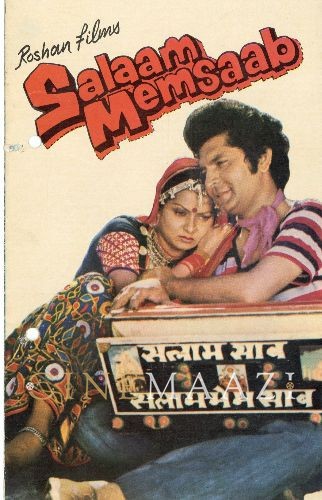
Salaam Memsaab 1979
-
Zaalim 1979
-
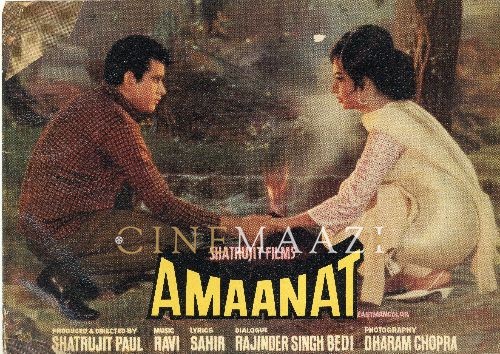
Amaanat 1977
-
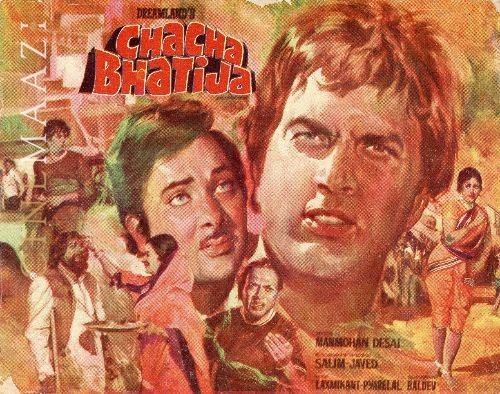
Chacha Bhatija 1977
-
Love In Bombay 1975
-
Nirmaan 1974
-

Aap Ki Kasam 1974
-
Aarop 1974
-
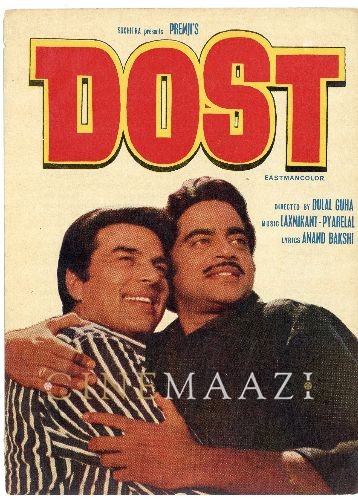
Dost 1974
-






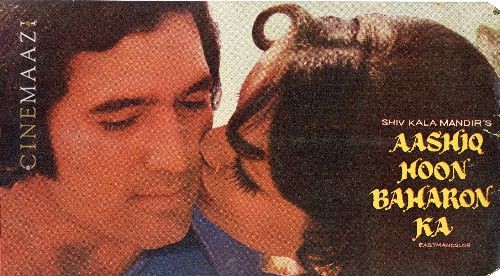

.jpg)



